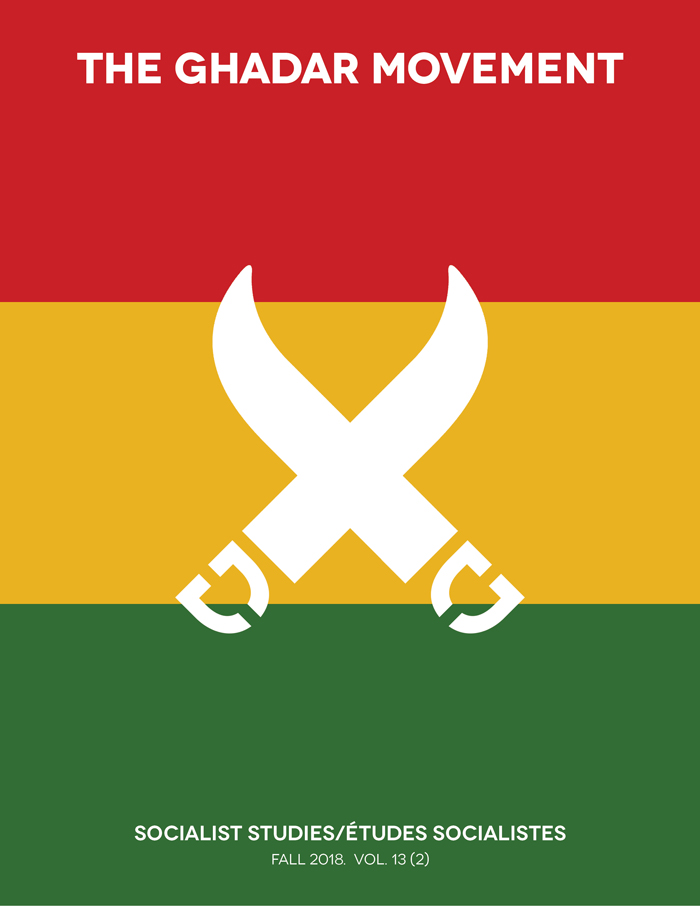The Madness of Jodh Singh: Patriotism and Paranoia in the Ghadar Archives
DOI:
https://doi.org/10.18740/ss27204Keywords:
Ghadar, Revolution, Madness, Insanity, Patriotism, Jodh Singh, India, ParanoiaAbstract
My paper focuses on Jodh Singh, a marginal figure in the archives of the Ghadar Party, who was arrested for High Treason against the United States for his role in the “Hindu Conspiracy” plots aimed at the British government of India. Incarcerated in a California prison, Singh was moved to a sanatarium on displaying symptoms of insanity. Through a close reading of a web of archival documents and scholarly reflections—at the center of which lies the report of a commission appointed to inquire into his mental condition—I examine the account of the madness of Jodh Singh as a statement about patriotism and paranoia. In engagement with the work of Foucault, Guha, and scholars of the Ghadar movement, I describe how the record of Singh’s experiences indicts the juridical-legal-medical framework of American society as operating on a distinction between legtimate and illegitimate madness. I also examine how Jodh Singh points to the glimmers of a critique of the self-image of the Ghadar Party as a revolutionary movement committed to egalitarian principles. I conclude with a reflection on what Jodh Singh might tell us about the relationship between madness, political aspiration, and the yearning for solidarity.
References
References
“Alienist.” Merriam-Webster. http://www.merriam-webster.com/dictionary/alienist, (accessed August 4, 2016)
“Bomb Plots.” January 30, 1919. The Evening Post. 7.
“Correspondence to Don S. Rathbun, Special Agent, Bureau of Investigation from U.S. Attorney, 3/28/1917.” 1917. “Correspondence to Mrs. James E. Tucker from U.S. Attorney, 12/17/17.” 1917.
Box 1, Record Group 118, Records of The Office of the U.S. Attorney, Northern District of California, Neutrality Case Files, 1913–1920. National Archives and Records Administration–Pacific Region (San Francisco).
“Correspondence to Mrs. James E. Tucker from U.S. Attorney, 12/17/17.” 1917.
Box 1, Record Group 118, Records of The Office of the U.S. Attorney, Northern District of California, Neutrality Case Files, 1913–1920. National Archives and Records Administration–Pacific Region (San Francisco).
“Correspondence to John W. Preston from John Hilliard, 12/14. 17.” 1917. Box 1, Record Group 118, Records of The Office of the U.S. Attorney, Northern District of California, Neutrality Case Files, 1913–1920. National Archives and Records Administration–Pacific Region (San Francisco).
“Correspondence to R.A. McNally, City Editor, Honolulu-Star Bulletin from U.S. Attorney, 9/11/1917.” 1917. Box 1, Record Group 118, Records of The Office of the U.S. Attorney, Northern District of California, Neutrality Case Files, 1913–1920. National Archives and Records Administration–Pacific Region (San Francisco).
Foucault, Michel. 2006. History of Madness. Jean Khalfa, ed. Jonathan Murphy, trans. 1st edition. New York, Routledge.
“General Paresis.” 2016. MedlinePlus. U.S. National Library of Medicine, U.S. Department of Health and Human Services National Institutes of Health, last updated August 1, 2016. https://medlineplus.gov/ency/article/000748.htm (accessed August 12, 2016)
Guha, Ranajit. 1997a. “Chandra’s Death.” In his, ed. Subaltern Studies Reader, 1986-1995, pp. 36-42. Minneapolis: University of Minnesota Press.
____________. 1997b. “The Small Voice of History.” In Shahid Amin and Dipesh Chakrabarty, eds., Subaltern Studies: Writings on South Asian History and Society, Vol. 9, pp. 1-12. Delhi: Oxford University Press.
Hurn, Juliet D. 1998. “The History of General Paralysis of the Insane.” PhD thesis,.
Juergensmeyer Mark. 1977. “The Ghadar Syndrome: Nationalism in an Immigrant community.” Punjab Journal of Politics 1: 1–22.
Lal, Gobind Behari. May 9, 1973. “‘The Gadar—at U.C. Berkeley: Thoughts Presented by Gobind Behari Lal.” South Asians in North America Collection, BANC MSS 2002/78 cz, The Bancroft Library, University of California, Berkeley.
Orbison, Thomas J. 1929. “Constitutional Inferior Pyschopathic Personality—With or Without Psychosis.” California and Western Medicine 30 (2): 78-83.
Plowman, Matthew Erin 2013. “The British Intelligence Station in San Francisco during the First World War.” Journal of Intelligence History 12 (1): 1-20. DOI: 10.1080/16161262.2013.755016
Ramnath, Maia, 2011. Haj to Utopia: How the Ghadar Movement Charted Global Radicalism and Attempted to Overthrow the British Empire. Berkeley, California: University of California Press.
“Report of commission…to inquire into the mental condition of Jodh Singh, A United States prisoner. March 12, 1918.” 1918. Box 5, Record Group 118, Records of The Office of the U.S. Attorney, Northern District of California, Neutrality Case Files, 1913–1920. National Archives and Records Administration–Pacific Region (San Francisco).
Smedley, Agnes. 1922. “Jodh Singh.” The Nation 114 (2959): 341-42.
Special Correspondent. October 17, 2017. “Tells How Plots Were Hatched.” The Milwaukee Journal: 1-2.
Stewart, H. Grainger. October 15, 1870. “Syphilitic Insanity.” The British Medical Journal : 409-10.
Downloads
Published
Issue
Section
License
Copyright: Authors who publish in the Journal agree to the following terms: 1)Authors retain copyright and grant the Journal the right of first publication with the work simultaneously licensed under a Creative Commons Attribution License that allows others to share the work with an acknowledgement of the work's authorship and initial publication in the Journal; and, 2)Authors are able to enter into separate, additional contractual arrangements for the non-exclusive distribution of the Journal's published version of the work (eg post to an institutional repository or publish it in a book), with an acknowledgement of its initial publication in the Journal.






